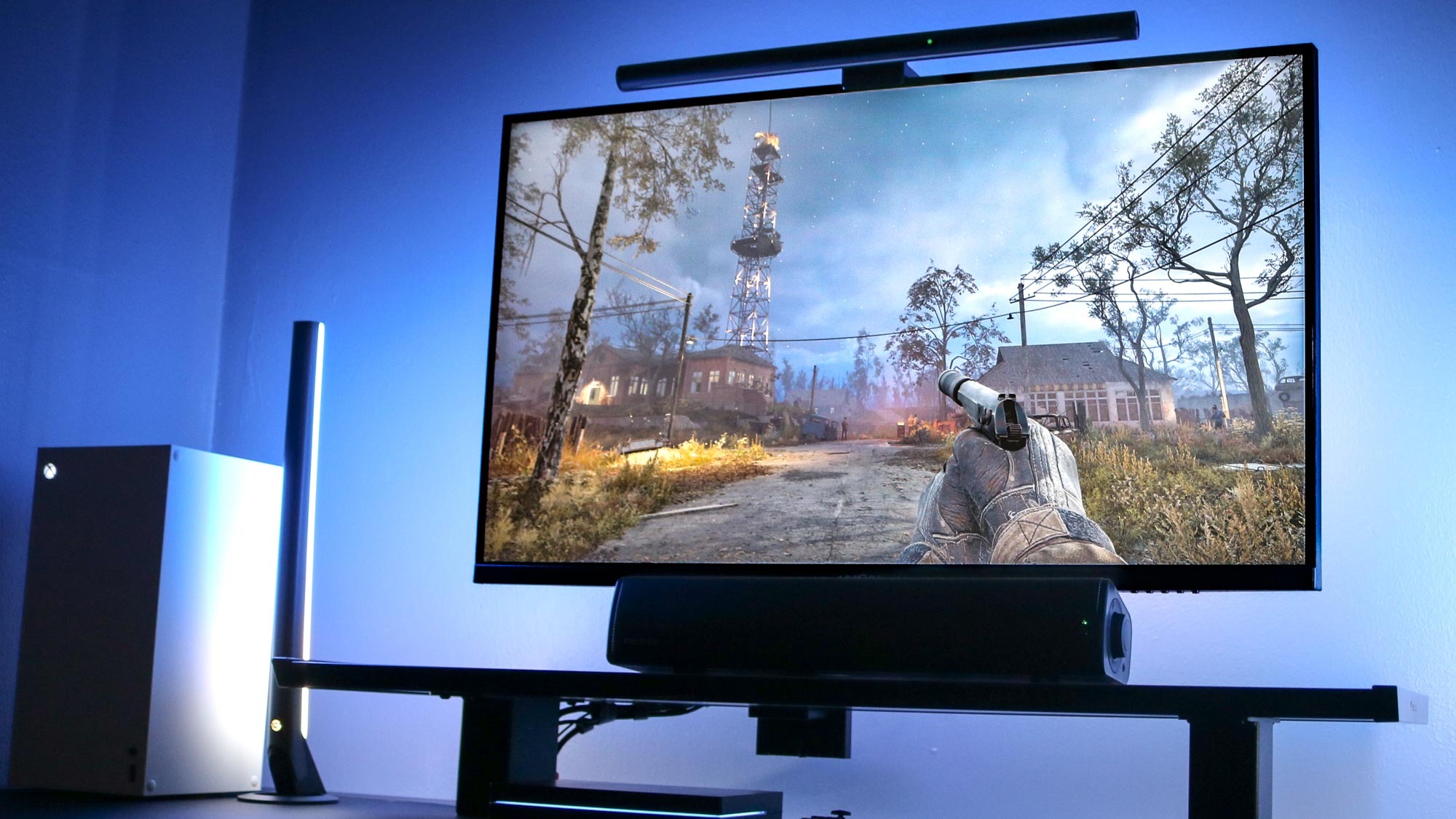
During what turned out to be his final ever interview in 2005, revealed that he really wanted to make a jazz album one day. Speaking to BBC radio presenter and jazz musician Courtney Pine, Bowie said, “I was always so surprised that jazz musicians were into the idea of doing rock. I guess it’s a real change for them.
” Bowie did eventually get round to making that record – his final masterpiece , released just days before his death in 2016, was a perfect intersection of experimental jazz and artful rock made with a series of crack jazz players that Bowie had been introduced to in New York. What turned out to be a triumphant final chapter for Bowie’s epic life and career has its roots in the single , a song released ten years ago today (17 November) with a re-recorded version appearing on . The song has its roots in Bowie and long-term collaborator visiting New York’s jazz haunt the Birdland Club in May 2014 to watch a performance by Grammy Award-winning jazz composer Maria Schneider, appearing at the venue with her orchestra.
The show lit a fuse in Bowie’s brain and he reached out to Schneider soon afterwards. “David Bowie just kind of appeared in my world,” Schneider told JazzTimes in 2019. “My assistant said, ‘Somebody through Facebook wants to contact you and I’ve just noticed she works for David Bowie’ and I thought, ‘That’s odd’.
” Schneider said it wasn’t a complete shock though – she was aware Bowie had been to another of her concerts previously and on another occasion, she’d signed a bunch of her albums for a friend of Bowie’s to give him for his birthday. “So I guess I was aware that he liked my music,” Schneider continued, “and then we talked on the phone, he called and said he wanted to collaborate, he had a song he’d started and wanted to collaborate with me. I said, ‘Only if you promise if you don’t like what I do, you’ll say ‘I don’t like this!’.
He said, ‘If I don’t like it, I wouldn’t move ahead, I wouldn’t do that to you or to me!’.” That project became , a song that featured on Bowie’s 2014 best of compilation . Recorded at Avatar Studios in New York in July 2014, the song set Bowie off on a path down which he would fully explore on , Schneider introducing him to some of that record’s key players.
“We collaborated on this piece and it was really fun,” she recalled. “I wish I’d had more chances because we’d talked about doing more things and it would’ve been really fun to see where it would’ve all gone. But I was really happy because through the project he got to know Donny [McCaslin, sax player].
I’d told him about Donny’s music, which I really felt was coming from a place where David was interested in, and that was the drum’n’bass thing and I felt they were in the same headspace.” Talking to Classic Rock last year about what McCaslin and his band brought to ..
. and those sessions, Visconti said he felt they were revelling at bringing their expertise to a different sort of music. “The Donny McCaslin Band were a straight-up modern jazz band really, and we got them to play rock, and that’s a really different discipline.
I mean, a lot of rock musicians can play jazz, but not well, and a lot of jazz musicians can play rock, but reluctantly. Jazz musicians are like classical musicians, they practice long and hard, and they often have university degrees, so we had the best you can get, and they absolutely loved the batch of songs that David had written for Sign up below to get the latest from Classic Rock, plus exclusive special offers, direct to your inbox! Bowie certainly left this earth at the top of his game. It all started with .
...
Watch the video below: Mike Shinoda on new Linkin Park lineup and why Brad Delson stepped away from reunion live duties “Our favourite bands didn’t chicken out on their third record. That’s not how Master Of Puppets or Number Of The Beast got made”: How Ghost teamed up with Katy Perry’s producer to kick things to the next level with Meliora Sex Pistols guitarist Steve Jones hasn't spoken to Johnny Rotten since 2008 Niall Doherty is a writer and editor whose work can be found in Classic Rock, The Guardian, Music Week, FourFourTwo, on Apple Music and more. Formerly the Deputy Editor of Q magazine, he co-runs the music Substack letter with fellow former Q colleagues Ted Kessler and Chris Catchpole.
He is also Reviews Editor at Record Collector. Over the years, he's interviewed some of the world's biggest stars, including Elton John, Coldplay, Arctic Monkeys, Muse, Pearl Jam, Radiohead, Depeche Mode, Robert Plant and more. Radiohead was only for eight minutes but he still counts it.
.














